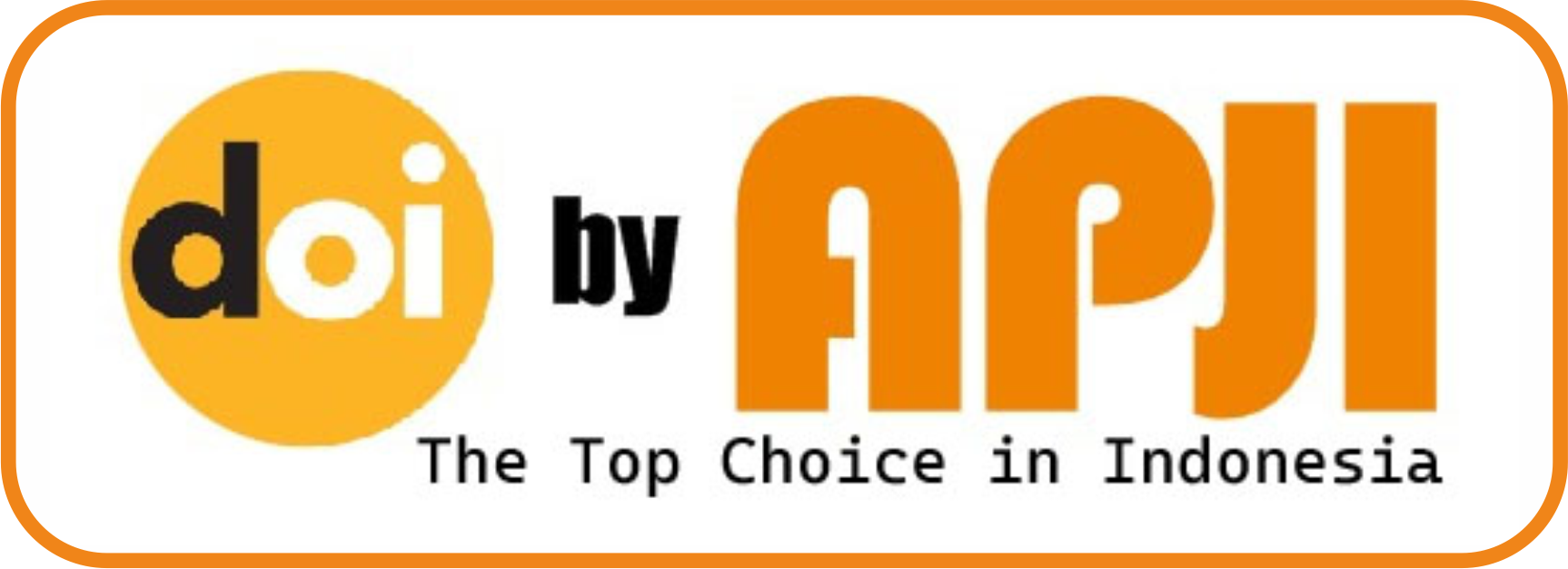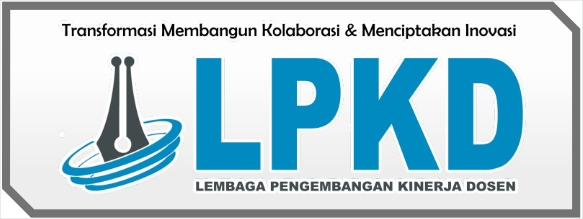Hubungan Tingkat Pengetahuan Ibu Hamil Dengan Pelaksanaan Inisiasi Menyusui Dini Di Kute Desa Kaya Pangur
DOI:
https://doi.org/10.55606/klinik.v1i3.2015Kata Kunci:
knowledge, early initiation of breastfeedingAbstrak
National data on the coverage of babies who receive exclusive breastfeeding in 2020 is 66.06%. The achievement of exclusive breastfeeding in Aceh in 2019 was 55%, a decrease from the previous year of 61%. Factors that can influence exclusive breastfeeding include mother's characteristics (knowledge, education, occupation, age, parity and ethnicity), baby's characteristics (birth weight and baby's health condition), environment (beliefs, family support, place of residence and socio-economic ) and health services (pregnancy checks, lactation counseling, place of delivery, birth attendant and policies). Early Breastfeeding Initiation (IMD) is to provide an opportunity for newborns to breastfeed on their own within the first hour of their birth. IMD can prevent 22% of infant deaths in developing countries at the age of under 28 months, but if the first breastfeeding, when the baby is over two hours old and under the first 24 hours, it can prevent 16% of infant deaths under 28 days. The purpose of this study was to determine the relationship between the level of knowledge of pregnant women and the implementation of early breastfeeding initiation in Kute, Kaya Pangur Village. This research method is analytic with a cross sectional study design. The population of this study were all pregnant women who came to check their pregnancies in April 2022. The sample was taken by accidental sampling with a sample size of 35 pregnant women. The results showed that 29 pregnant women (82.9%) had a low level of knowledge, while 6 pregnant women (17.1%) had a high level of knowledge. 15 pregnant women (42.9%) had IMD during their previous delivery, while 20 pregnant women (57.1%) did not have IMD during their previous delivery. There is a significant relationship between the knowledge of pregnant women and the implementation of IMD (p value = 0.002). Knowledge of pregnant women influences the implementation of IMD in Kute, Kaya Pangur Village.
Referensi
Carlina, M. and Pambudi, W. (2018) ‘Hubungan pengetahuan ibu dengan pelaksanaan Inisiasi Menyusu Dini pada tiga puskesmas di Jakarta Barat periode Oktober 2014 – Mei 2015’, Tarumanagara Medical Journal, 1(1), pp. 128–134.
Dinas Kesehatan Aceh (2019) ‘Profil Kesehatan Aceh’, pp. 1–178.
Fadliyah, L. and Qo’imah, F. (2019) ‘Gambaran Pengetahuan Tentang Inisiasi Menyusu Dini (IMD) Ibu Hamil Trimester II Dan III Di RSI Nasrul Ummah Lamongan’, Jurnal Surya, 11(03), pp. 83–87.
Hutagaol, A. (2016) ‘Tingkat pengetahuan ibu tentang inisiasi menyusu dini (imd) di rumah sakit umum daerah deli serdang lubuk pakam’, Jurnal Keperawatan Imelda, 2(1), pp. 75–80.
IBI (2021) ‘Modul Pelatihan Midwifery update’, Ikatan Bidan Indonesia, p. 559. Available at: http://search.ebscohost.com/login.aspx?direct=true&db=c8h&AN=2009790613&site=ehost-live.
Indriasari, R. (2020) ‘Hubungan pengetahuan, sikap, umur, pendidikan, pekerjaan, psikologis, dan inisiasi menyusui dini dengan pemberian asi eksklusif di puskesmas sudiang’, JGMI : The Journal of Indonesian Community Nutrition, 9(May). doi: 10.30597/jgmi.v9i1.10156.
Kaban, N. B. (2017) ‘Inisiasi Menyusui Dini’, jurnal keluarga sehat, 15(2).
Kementerian Kesehatan Republik Indonesia (2008) Paket Modul Kegiatan Inisiasi Menyusu Dini (IMD) dan ASI Eksklusif 6 Bulan.
Mamonto, T. (2014) ‘Faktor-Faktor Yang Berhubungan Dengan Pemberian ASI Ekslusif Pada Bayi Di Wilayah Kerja Puskesmas Kotobangon Kecamatan Kotomobagu Timur Kota Kotomobagu’, Kesmas :Jurnal Kesehatan Masyarakat Sam Ratulangi, 4(1), pp. 56–66.
Maryuni, A. (2012) Inisasi Menyusu Dini, Asi Ekslusif Manajemen Laktasi.
Nasrullah, M. J. (2021) ‘Pentingnya Inisasi Menyusu Dini Dan Faktor Yang Mempengaruhinya’, Jurnal Medika Hutama, 02(02), pp. 626–630.
Ningsih, M. (2019) ‘Keajaiban Inisiasi Menyusu Dini (IMD)’, jurnal ilmiah sangkareang mataram, (Imd), pp. 30–34.
Notoadmodjo, S. (2012) Metodologi Penelitian Kesehatan. Jakarta: Rineka Cipta.
Notoadmojo S. (2010) ‘Promosi Kesehatan Teori dan Aplikasi’, Rineka Cipta.
Pusat Data Dan Infromasi Kementerian Kesehatan RI (2014) ‘Situasi dan Analisis ASI Ekslusif’.
Raharjo, B. B. (2014) ‘Profil Ibu dan Peran Bidan Dalam Praktik Inisiasi Menyusu Dini Dan Asi Ekslusif’, Jurnal Kesehatan Masyarakat, 10(1), pp. 53–63.
Risa, H. (2015) ‘Tingkat Pengetahuan Ibu tentang Inisiasi Menyusui Dini dan ASI Eksklusif sebagai Salah Satu Faktor Penentu Keberhasilan Pemberian ASI Ekslusif The Level of Knowledge of Mother about Early Breastfeeding Initiation and Exclusive Breastfeeding as One Critica’, Agromed Unila, 2(4).
Rosyid, Z. N. and Sumarmi, S. (2017) ‘Hubungan Antara Pengetahuan Ibu dan IMD Dengan Praktik ASI Eksklusif The Relationship Between Mother ’ s Knowledge and Early Breastfeeding Initiation With Exclusive Breast-Feeding Practices’, Rosyid dan SUmarni, pp. 406–414. doi: 10.20473/amnt.v1.i4.2017.406-414.
Sukmawati., Stang. and Bustan, N. (2018) ‘Pengaruh Edukasi TerhadapPengetahuan Dan Sikap Ibu Hamil Tentang Inisiasi Menyusui Dini (IMD) Di Wilayah Kerja Puskesmas Parangloe Kabupaten Gowa’, JKMM, 1(1), pp. 7–13.
Sulistyawati, A. and Nugraheny, E. (2010) ‘Asuhan Kebidanan Pada Ibu Bersalin’, Salemba Medika, pp. 1–23.
Utami, R. (2012) Inisiasi menyusu dini plus ASI eksklusif, Jakarta: Pustaka Bunda.


















